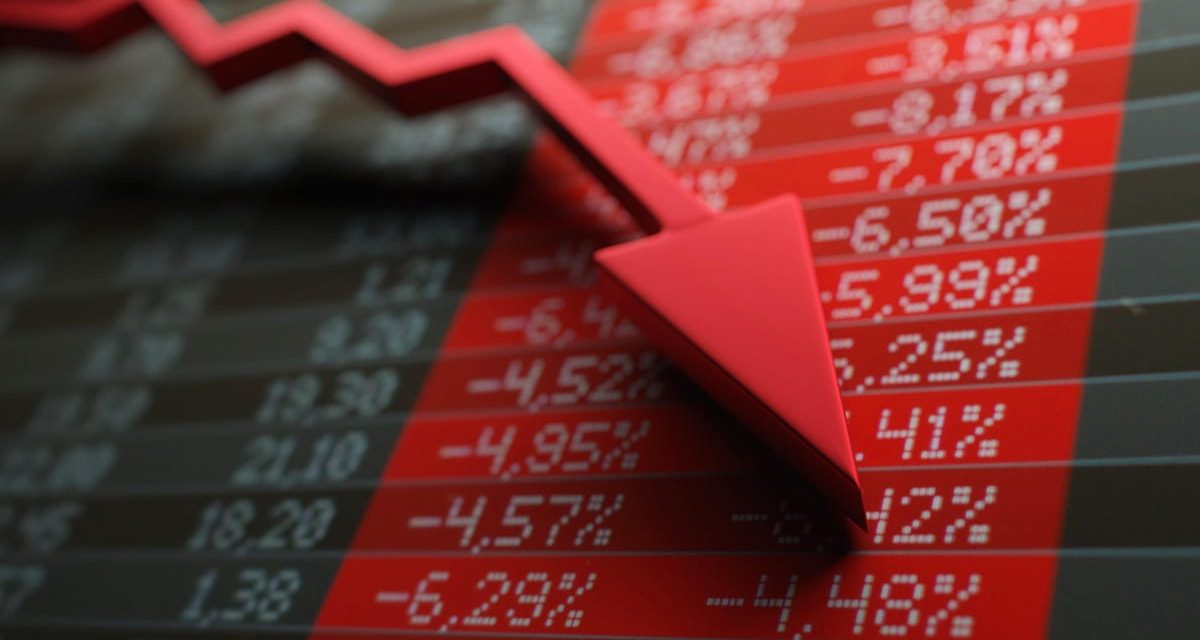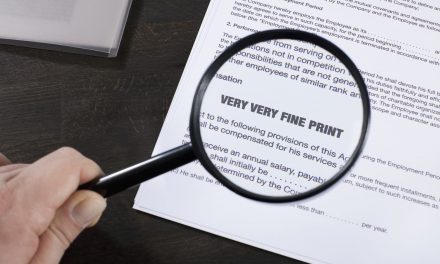The battle against the parallel markets is not only one of Zimbabwe’s longest-running soap operas but also one of the most intriguing with multiple players entering and exiting the script as the story rages on. Banks, mobile money, cash and more players have all been roped into the drama at various points. Capital markets, in particular, the Zimbabwe Stock Exchange have also been brought into the spotlight now and again. After being suspended in 2020 on allegations relating to influencing the parallel market rate ZSE took some steps to self-regulation before measures announced by the President to restore confidence in the local currency heaped further regulation on them. S.I. 103A of 2022 Securities (Registration, Licensing and Corporate Governance) brings further regulations on brokers, intermediaries and depositories. Let’s comb through some of the highlights to understand what this means for capital markets.
Reporting on third party deposits
The first point to note is how securities dealers are required to treat third party deposits. Third-party deposits from a source that is in a name other than that of the account holder, in this case, the client of the securities dealer. The new three-step approach will require the securities dealer to firstly report the third party deposit to the Financial Intelligence Unit and the relevant exchange. The second step is to hold the funds in suspense, meaning the funds will be unavailable for their intended purpose. The third step will be returning the funds to the depositor if the FIU advises the dealer to do so. If we interpret these rules strictly third party deposits have effectively been outlawed.
Cannot serve non-clients
Securities dealers have also been prohibited from serving non-clients. This is a little puzzling as these people are not known for offering anything to non-clients. Nonetheless, this is one of the areas the SI addresses. It also mentions that dealers may not serve non-clients even at the request or instruction (interesting word choice) of another client.
No transfer between trading accounts
Transfer between trading accounts has also been prohibited except where the accounts belong to the same person. There’s not much to see here though I wouldn’t blame anyone for raising an eyebrow wondering how and why transfers between accounts not owned by the same client have been allowed in the first place. One would hope this was put in place to specifically outlaw the practice rather than as an admission that it was permissible.
Dealers to open accounts to SECZim on request
Securities dealers will be required to open accounts by providing a report to SECZim within 2 days of a request being made by the SECZim. They will also be required to submit an annual audit report to the SEC. This is a positive move as it takes a more proactive approach to report incidences and matters of compliance. The SEC will certainly have the data on trends, it is up to them to use it.
CSDs also in the spotlight
Central Securities Depositories have also had a few rules added to the ways they operate. They will be required to among other things provide a register, statistical information, account holder register, audited annual accounts and financial records. They will also be required to report any settlements on defaults. The move makes sense, in a leaky system of pipes plugging one leak effectively increases the pressure on other leaks. If you are going to tighten rules for securities dealers you need to tighten rules in the rest of the ecosystem.
Further clarity on Marketable securities fees and taxes
ZSE investors may have escaped the initially announced a hike of Capital Gains Tax on Marketable Securities held for less than 270 days to 40% and got a hike to 4% (from 2%). Any marketable securities held for longer than the 270 days attract CGT at 1.5% The SI restates all other fees and levies applicable to marketable securities. The table below shows the changes in ZSE fee structures. While investors will only feel the change in Capital Gains Tax, brokers have had their brokerage fees slashed and the difference repurposed to an increase in the SECZim Levy.
Buying | Selling | ||||
Old | New | Old | New | ||
Broker’s Commission | 0.9200% | 0.7650% | 0.9200% | 0.7650% | |
VAT (14.5% of brokerage) | 0.1334% | 0.1109% | 0.1334% | 0.1109% | |
CSD Levy | 0.1000% | 0.1000% | 0.1000% | 0.1000% | |
Stamp Duty | 0.2500% | 0.2500% | 0.0000% | 0.0000% | |
ZSE Levy | 0.1000% | 0.2500% | 0.1000% | 0.2500% | |
SECZ Levy | 0.1600% | 0.2000% | 0.1600% | 0.2000% | |
Investor Protection Levy | 0.0250% | 0.0250% | 0.0250% | 0.0000% | |
Capital Gains Tax (withholding) | 0.0000% | 0.0000% | 2.0000% | 4.0000% | |
Total | 1.6884% | 1.7009% | 3.4384% | 5.4259% | |
Old | New | ||||
Grand Total | 5.1268% | 7.1268% | 2% | ||
If sold after 270 days | 5.1268% |
The big idea is to create some harmony in capital markets. If capital markets are indeed being used in parallel market activities and we are bringing in rules to stop this from happening a holistic approach is important. Whether some of the things that the SI steps in to prevent have been happening all along or the laws are precautionary is a matter of debate. I say well done to the authorities for taking some proactive action.








